The United Nations Food Systems Summit’s Scientific Group has recognized gene editing as a key tool that can help transform global food systems to end hunger by 2030.
The group also acknowledges genetic engineering as another important tool that the world should pay attention to because it can help reduce hunger, malnutrition and food insecurity. It is calling for a boost of nature-based solutions in food production, noting ecology-focused approaches to production and advanced technological tools can work together.
“Science hopes agroecological approaches to be advanced based on science,” Prof. Joachim von Braun, chair of the Food Systems Summit Scientific Group, told the summit on Thursday. “Bioscience and genetics are nature-based tools. Genetic engineering, genome editing for proteins and advancing essential micronutrients should be pursued.”
He said science and modelling show that the world can come close to ending hunger by 2030 if $40 billion to $50 billion is invested in food systems every year.
The group said sustainable increased productivity, technologies, better markers, reduction of food waste and losses and social protection, including school feeding and nutritional programs, are essential components in ending world hunger.
The food system emits about 30 percent of global greenhouse gases, but it must become climate neutral. Currently, a third of all food produced is lost and wasted. Science brings technologies for food processing and storage that reduce food waste and loss, von Braun noted.
The scientific group is also calling for increased focus on the use of digital tools in the agricultural value chain, saying that opportunities in the space are nowhere close to their full potential.
Other proposals for fixing food systems
Josefa Sacko, the African Union Commissioner for Agriculture, Rural Development, Blue Economy and Sustainable Environment, delivered Africa’s Common Position for transforming world food systems at the summit.
“Africa plans to double food production by sustainably increasing productivity through the adoption of high-yielding agricultural varieties, while supporting research to develop biotechnology and innovation,” she said.
“Transformation of our food systems is therefore a necessity, including greater investments in digital technologies, biotechnologies, accessible financial services and other proven innovations,” Rwanda President Paul Kagame also told the summit.
Other world leaders called for increased investment in science research, access to markets, and improved seed systems as part of efforts to meet the Sustainable Development Goal 2 on zero hunger.
Bangladesh Prime Minister Sheikh Hasina called for research, investments and advanced technology sharing for agricultural development to ensure a resilient food system.
Agritech and food tech can help improve food production in challenging environments like semi-arid region, Oded Forer who is Minister for Agriculture and Rural Development in Israel told the summit.
“We must use the power of ingenuity to improve on food systems so they provide safe, nutritious, affordable, and accessible food for all, while conserving natural resources and combating the climate crisis,” US Secretary of Agriculture Tom Vilsack told the summit.
UN Secretary-General Antonio Guterres told the summit that a changing climate is posing new problems for agriculture, even as producing, processing, packaging and distributing food accounts for one-third of the manmade heat-trapping gases blamed for global warming,
“Food systems can and must play a leading role in addressing all of these challenges,” he said in a video speech.
Role of UN Food Systems Summit Scientific Group
The Scientific Group is an independent global body of leading researchers and scientists appointed by the United Nations to make recommendations to the summit on how to transform world food systems. The group was charged with ensuring “that the summit brings to bear the foremost scientific evidence from around the world and helps expand the base of shared knowledge about experiences, approaches and tools for driving sustainable food systems that will inform the future.”
The group’s report urges focus on seven science-driven innovations that can end hunger by 2030. The report calls for innovations to end hunger, increase availability and affordability of healthy diets and nutritious foods, de-risk food systems, strengthen resilience and overcome inefficient and unfair land, credit, labor and natural resource use arrangements.
The report advocates bioscience and related digital innovations for peoples’ health, systems productivity and ecological well-being, as well as innovations to regenerate soils, land and water, and to protect the agricultural genetic base and biodiversity. The group also recommends innovations for sustainable fisheries, aquatic foods and protection of coastal areas and oceans, as well as empowerment of women, youth, Indigenous persons and rural communities. It urges governments to allocate at least one percent of their food system budgets to research so decisions are science-based.
Benefits of gene editing
Gene editing is a group of technologies that gives scientists the ability to make permanent and heritable changes at specific sites in the genome of an organism. The technology makes it possible to improve upon the quality of crops by conferring traits like drought tolerance and pest and disease resistance. It is cheaper, simpler, faster and more accurate than other plant breeding methods.
Ahead of the Food Systems Summit, Patience Koku, CEO of Replenish Farms in Nigeria, told an Alliance for Science live event that the summit should acknowledge gene editing technology as one tool that can help improve agriculture.
“I think the Food Systems Summit is an opportunity for us all to get a voice in there that gene editing has a lot of benefits for the world and Africa in particular,” she said.
“We are saying gene editing has the potential to produce crops that can be nitrogen-efficient and can increase production. Now, I’m linking production to nutrition. Because when there is scarcity of food, there will be malnutrition,” Koku said.
It appears the UN Food Systems Scientific Group agrees with Koku’s position.
BY JOSEPH OPOKU GAKPO



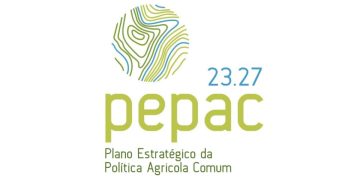

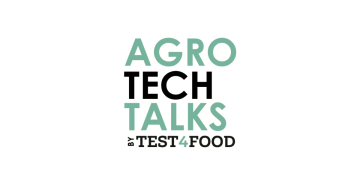













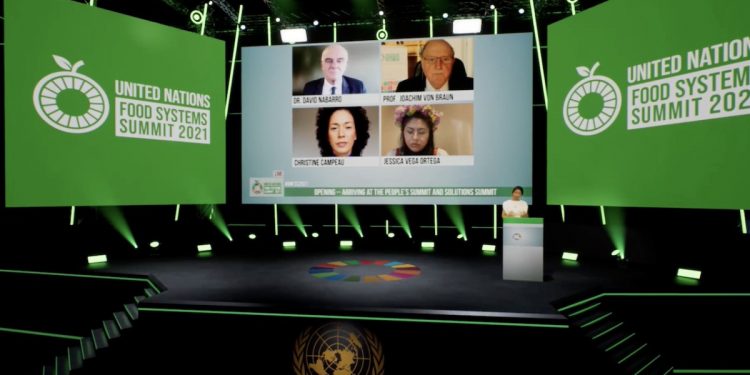
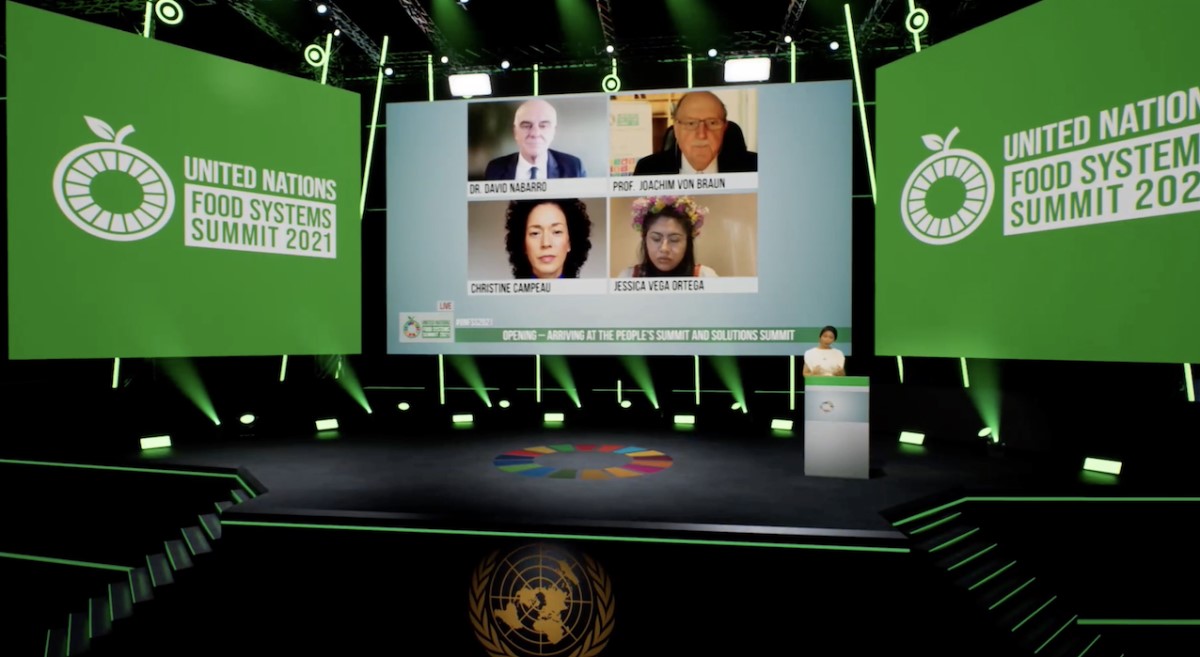

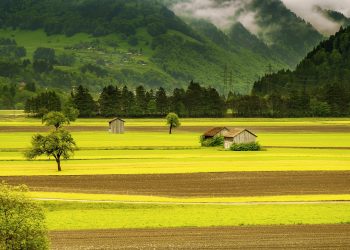
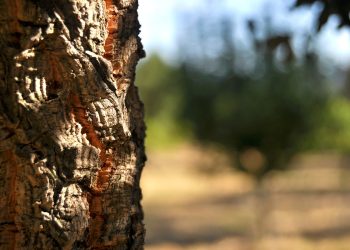


























Discussão sobre este post